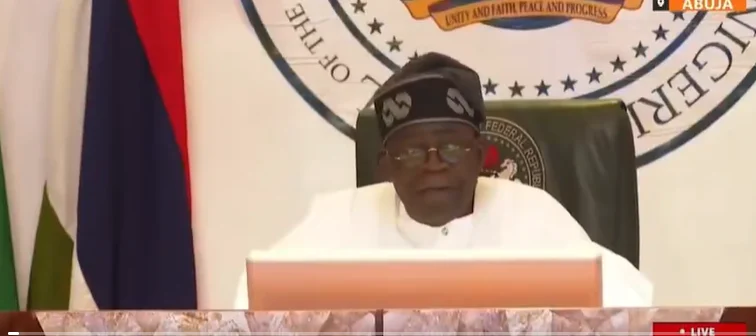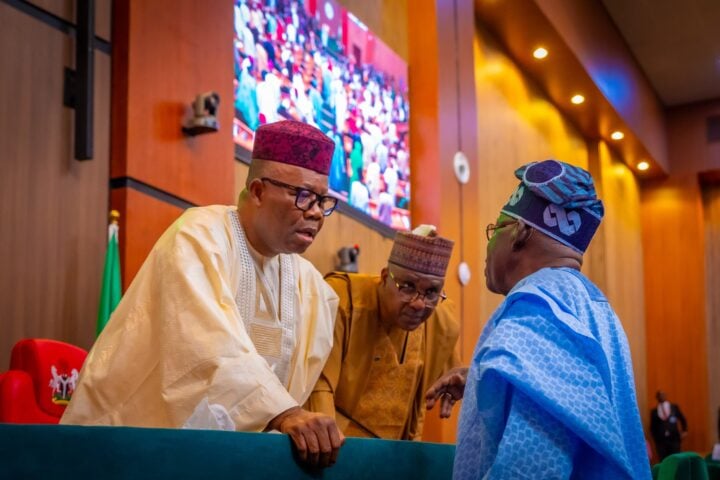The Federal Government of Nigeria (FG) has been served a 14-day ultimatum to withdraw the recently introduced 5% tax on fuel, a move that has sparked widespread controversy and resistance from various stakeholders across the country.
Background
The controversial 5% tax on fuel was introduced as part of the government’s efforts to boost revenue and address economic challenges. The tax, which is levied on petroleum products, has faced immediate backlash from the public, labor unions, and civil society organizations who argue that it will exacerbate the already high cost of living and increase transportation and commodity prices nationwide.
The Ultimatum
The ultimatum was issued by a coalition of labor unions and pressure groups, who have threatened to escalate their protests and industrial actions if the government fails to repeal the fuel tax within the stipulated two weeks. According to the groups, the tax places an unfair burden on Nigerians, particularly the lower and middle-income earners, at a time when the economy is struggling to recover from inflationary pressures.
“We demand the immediate withdrawal of this fuel tax. It is unjust and will further impoverish our people,” said a spokesperson for the coalition during a press briefing.
Economic and Social Implications
Critics argue that the 5% fuel tax will lead to a domino effect on the prices of goods and services, as transportation costs are expected to rise significantly. This could worsen inflation and strain household budgets across Nigeria.
On the other hand, government officials maintain that the tax is necessary to increase national revenue, fund infrastructure projects, and reduce dependency on foreign loans. They insist that the revenue generated will be channeled towards improving the country’s economic outlook and social welfare programs.
Calls for Dialogue
Amid growing tensions, there have been calls for open dialogue between the government and stakeholders to find a balanced solution that protects citizens’ interests while addressing the nation’s fiscal needs.
Experts recommend that the government engage with labor unions, consumer groups, and economic advisers to review the policy and explore alternative revenue-generation methods that do not disproportionately affect vulnerable populations.
Conclusion
As the 14-day ultimatum clock ticks, the Federal Government faces mounting pressure to reconsider the fuel tax. The outcome will significantly impact Nigeria’s social stability and economic trajectory in the coming months.

















